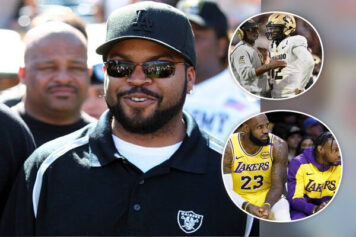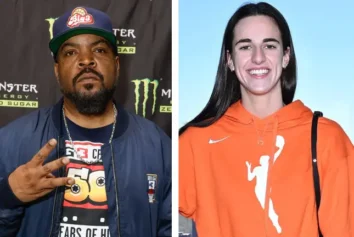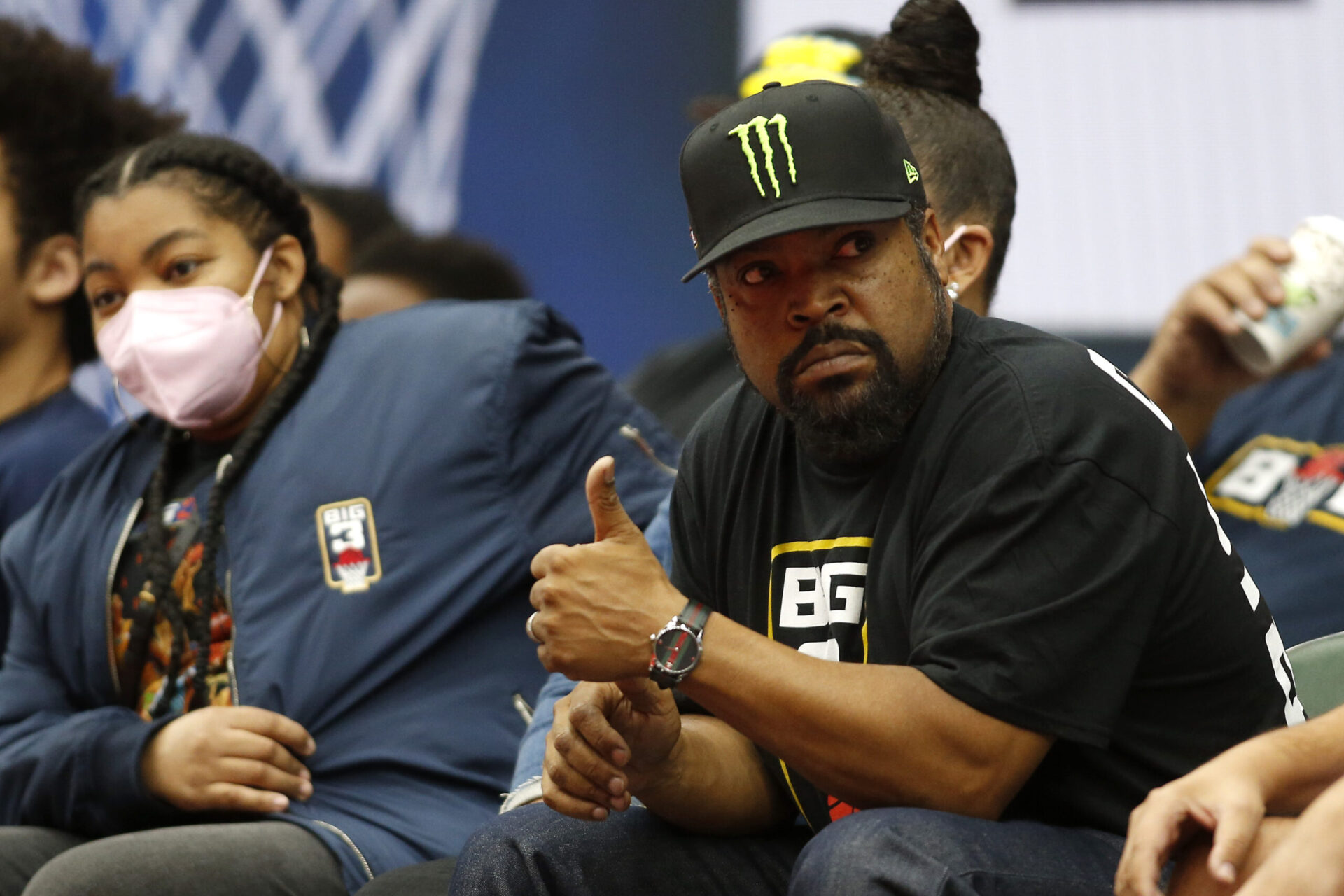Back before John Singleton Kurt-Cobained his career with films like Baby Boy, 2 Fast 2 Furious and Four Brothers, he was considered one of the brightest and most prolific writers/directors of urban cinema to come into the game since the almighty Spike Lee.
Higher Learning was arguably Singleton’s last good film (though others argue that Shaft was a much more enjoyable picture), and while some view the flick as a movie that does nothing more than depict stereotypical behavior in a college environment, some – such as myself – saw a film that broke down how mentally unready some young men and women are for adulthood. They can’t process, or even properly distinguish, the various lessons, influences and characters they’d be presented with, during a time in which they’re still trying to find themselves. All the while, having to maintain a specific academic standard to make sure that the time and money spent on college isn’t for naught. Higher Learning was as intriguing as it was insightful and entertaining. Not to mention, it featured two of hip-hop’s biggest stars at the time, Ice Cube and Busta Rhymes.
In what might be his most underrated role as an actor, Ice Cube personifies the two-headed monster known as the “educated thug.” A monster so feared by mainstream America, that the powers that be spared no expense in making sure that raw street hip-hop got watered down and had all that “noise” drowned out by the chimes of “bling-bling.” Nicknamed “Fudge,” but also known as the “Super-duper senior” in the film, Cube’s character keeps his attitude tough as leather while preaching the kind of gospel that can be found on a dead sea scroll in Coney Island.
Mr. N.W.A himself is in college dropping jewels on his peers instead of taking them off their necks. It was a monumental moment for hip-hop fans and community college students alike (I kid, I kid). Serving as one of the film’s protagonists, Fudge isn’t afraid to put any of his peoples in place whenever he feels necessary, as is evident by his words and actions in this scene.
After one of his younger homies, Malik (Omar Epps) asks if he has a copy of Frederick Douglass’ autobiography, Fudge’s eyes light up with joy as if he was sensing a possible connection with one of his peers. Unfortunately for Fudge, he found out that just because it glitters doesn’t mean it was made by Paul Wall. When he questioned Malik’s interest in Frederick Douglass, Malik burst Fudge’s bubble by telling him “I need it for class.”
With disappointment in his eyes and disenchantment in his voice, Fudge questioned his answer, “For a class. That’s the only reason you reading? For a class?” Malik nonchalantly responds, “Yeah, why else?” while shrugging his shoulders. Fudge counters, “To feed your brain, fool. I thought you was one of the smart ones, man. But you ain’t. (snaps fingers) So you got to go.”
Even after Malik borrowed the book and Fudge was escorting the young’n from his living quarters, he reiterated his point saying, “Read it for yourself and no damn class, though.”
Message!
Don’t live only to learn what you’re told to know. Live, learn and become familiar with as much as you can, so that you can shape the person you’re capable of becoming. It was a simple message, but one that went over more heads than New Era. You didn’t even have to read between the lines for that one!
In the end, this film had more than a fair amount of interesting, thought-provoking and even a few SMH moments; Cube definitely had the majority of them because if he was in the scene, a dull moment it was not and we loved him for it. Whether he was mouthing off to school security for their treatment of black and white students, dropping knowledge on his classmates or putting the love on white supremacists, Ice Cube absolutely owned this role and with it reminded us of that age-old saying: “Still waters run deep,” and if you can’t swizzim, then ya bound to drizzown.



